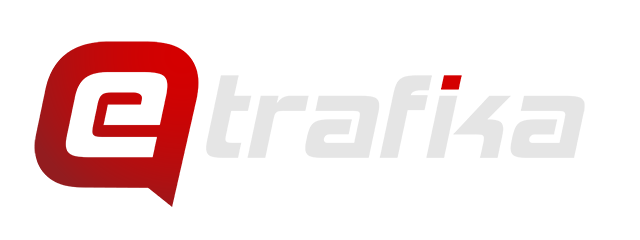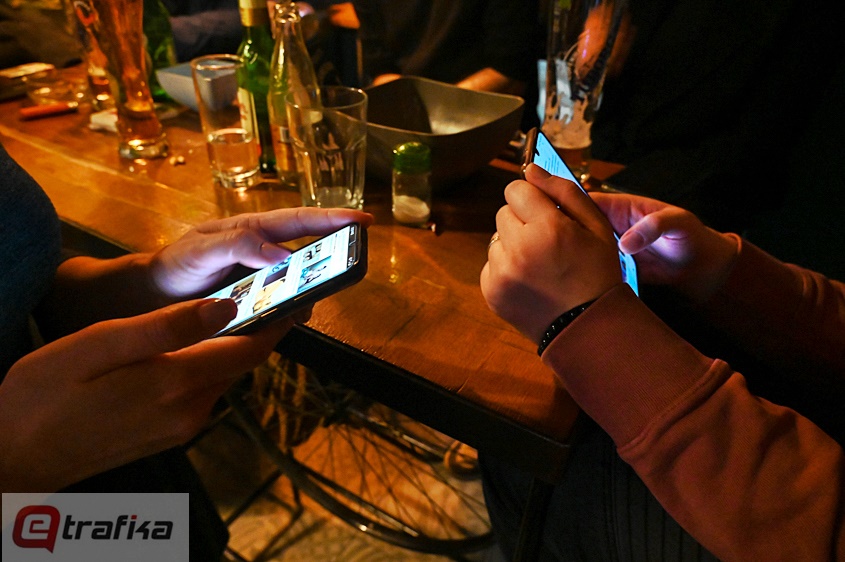The sharing of intimate content between two persons is a way of communication is increasingly becoming more common, and is aimed at triggering sexual attraction or seduction. However, one should always have on mind potential consequences if the other side decide to share such intimate footage with someone else, or make it public. This act is called revenge pornography and is aimed at humiliating a person depicted in the footage.
Written by: Vanja Stokic; Photo and video: Ajdin Kamber
According to Dina Bajrektarevic from the Tuzla Open Centre, it is sometimes about the flirting between the partners who are in emotional or sexual relationship. However, it is very important to discuss the consequences of such communication.
„The first thing that can happen is that we are deprived of the possibility to control what the other person is doing with our images, and should that image be shared, then it can happen that we get blackmailed, or bullied by the wider community, or even start having suicidal thoughts. It is very important to highlight here that it is all right to say NO to sending intimate images or photos, even when that request comes from our long-lasting partner,” she highlights.
Such content can be publicly disclosed by anyone who has an access to it. Current or ex-partners, friends, even unknown persons who have somehow obtained our images. The victims of revenge pornography are mostly women and LGBTIQ persons, for whom this disclosure causes additional, aggravating consequences. Forced coming out.
“The act of coming out is when an LGBT person consciously and willingly decides to disclose his/her sexual orientation or gender identity to someone else. Forced outing is when that person does it just for us. Forced outing surely adds another aspect and another dimension to this problem. The thing that happens with forced outing is that the LGBT person loses control over the act and the process of outing, which should at all times be under the control of that LGBT person. The LGBT person then can be humiliated, can feel despair, fear, because we all know what it means to identify yourself with the LGBT community in the Bosnian-Herzegovinian heteronormative society. This can cause a permanent emotional stress and incurable mental problems, given that the LGBT person will start feeling jeopardized, scared, not being able to escape anywhere”, says Dina Bajrektarevic.
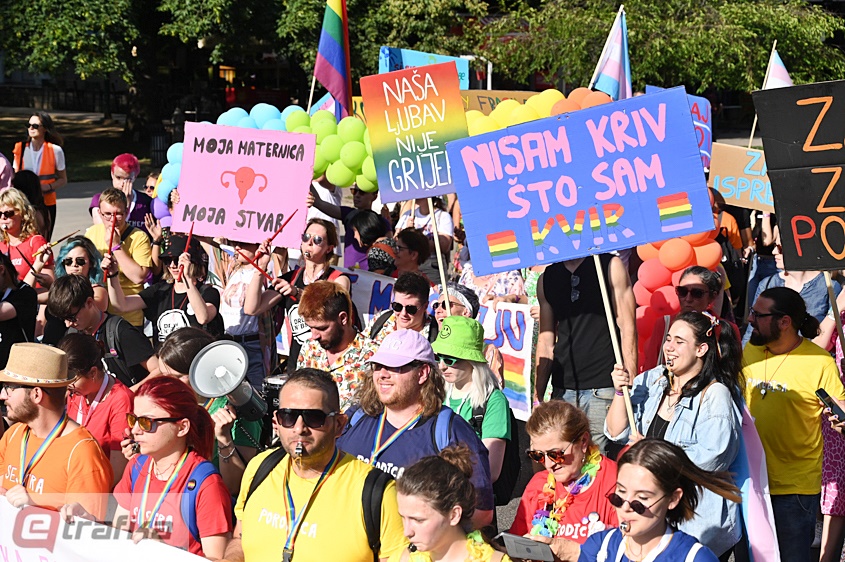
As in most other cases of violence, in revenge pornography the burden of guilt is quite often transferred to the victim. The motives of the person who has publicly disclosed the images are not questioned, instead, it is questioned why the victim has made such images and further distributed them first place.
“I think this narrative should definitely be changed, because no victim should be responsible for the violence committed against her or him. The person who has decided to take advantage of someone, harming him or her, is solely responsible for the violence. We should not change our acts or our expression in order to prevent violence. Because nobody has a right to endanger another person under any circumstances. Therefore, a victim is definitely never responsible or guilty for the bad things happening to him or her, but only the perpetrator who has committed violence against that person”, Dina Bajrektarevic highlights.
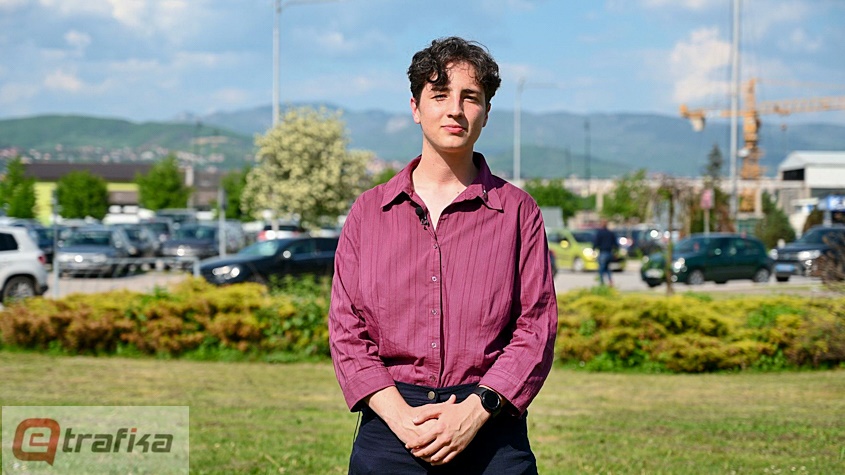
Due to bad experience and mistrust towards the institutions, the LGBTIQ persons often decide not to report such cases. One of the reasons is that while reporting an incident, they have to come out in front of the police officers, which may then cause institutional homophobia.
The Sarajevo Open Centre has received several inquiries about the revenge pornography so far. The members of the LGBTIQ community approached them for advice and legal aid.
“It was mostly about ex partners. In majority of cases, it was men who approached us. Meaning gay partners. The motives were blackmails, sexual coercion, financial gain. And all these are characteristics of a criminal offense and therefore have to be reported to the institutions in charge. Another thing which needs to be highlighted is the perception of sexual orientation as someone’s weak point. The photograph or a video footage are criminal offenses per se, but the act of abusing someone’s sexual orientation is very much present here”, says Darko Pandurevic from the Sarajevo Open Centre.
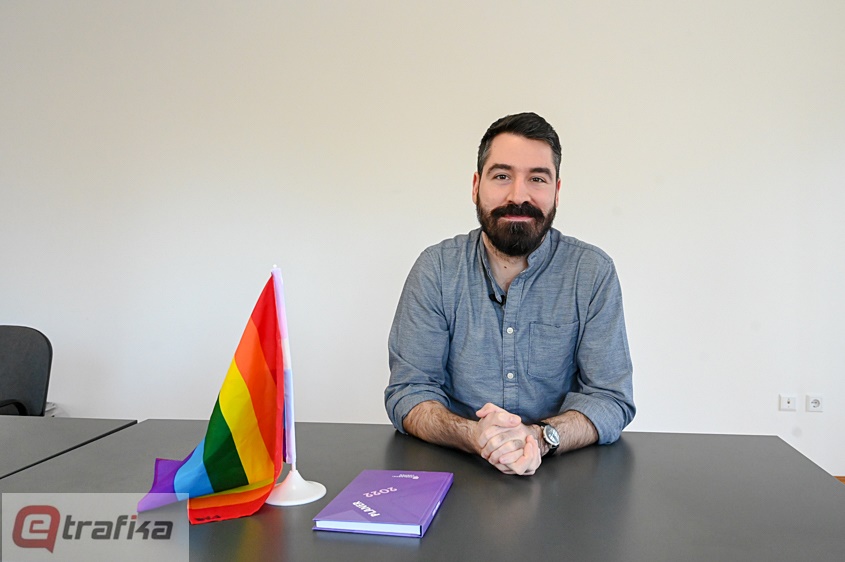
The criminal legislation of Bosnia and Herzegovina has not yet recognised revenge pornography as an isolated criminal offense. If accompanied by blackmails, the perpetrator can be charged with criminal offense of sexual blackmail.
“However, if we only have a situation of unauthorised publishing of footage, without any sexual coercion and other, similar act, or any kind of blackmailing and coercion to emotional relationship, sexual intercourse and the like, then we cannot find elements of a criminal offense of sexual blackmail. But then we can refer to some other criminal offenses, such as unauthorised recording, if there are elements to establish such an offense”, Jovana Kisin Zagajac, the lawyer, explains.
Neighbouring countries, Croatia and Serbia, have legally regulated these cases better and have protected their victims.
“The Croatian Criminal Code covers the abuse of explicit, private, sexual footage. If someone abuses the relationship of trust, and shares certain images with a third person or with public, or publishes any footage which was the product of the mutual trust, thus violating someone’s privacy, then we have solid elements for the criminal prosecution of a perpetrator”, she adds.

She also claims that nobody has a right to further share any footage, even if he or she receives such footage directly from a person depicted in it. Unless it is clearly authorised by that person. There is a great responsibility of those who react to content published in an unauthorised way.
“As a society, we are not aware at all that when we make fun of someone, when we mock him/her, when we use bad words against the victim through such comments, we are actually helping perpetrators accomplish their goal. And their goal is to hurt someone. Like that, we are accomplices and are supporting the perpetrator to further humiliate and embarrass the victim affected by this crime. We are not aware that we are joining the perpetrator in making the damage worse. This inevitably causes severe psychological imbalance and inflicts enormous mental pain on the injured person. In some cases, this can even end up in a suicide. Such kind of damage can in no way be neglected and should never be ignored”, Jovana Kisin Zagajac highlights.
Because of all this, it is important to break the cycle of violence, should we find ourselves in it. Never to further share any content of this type and always to report to the institutions in charge.

